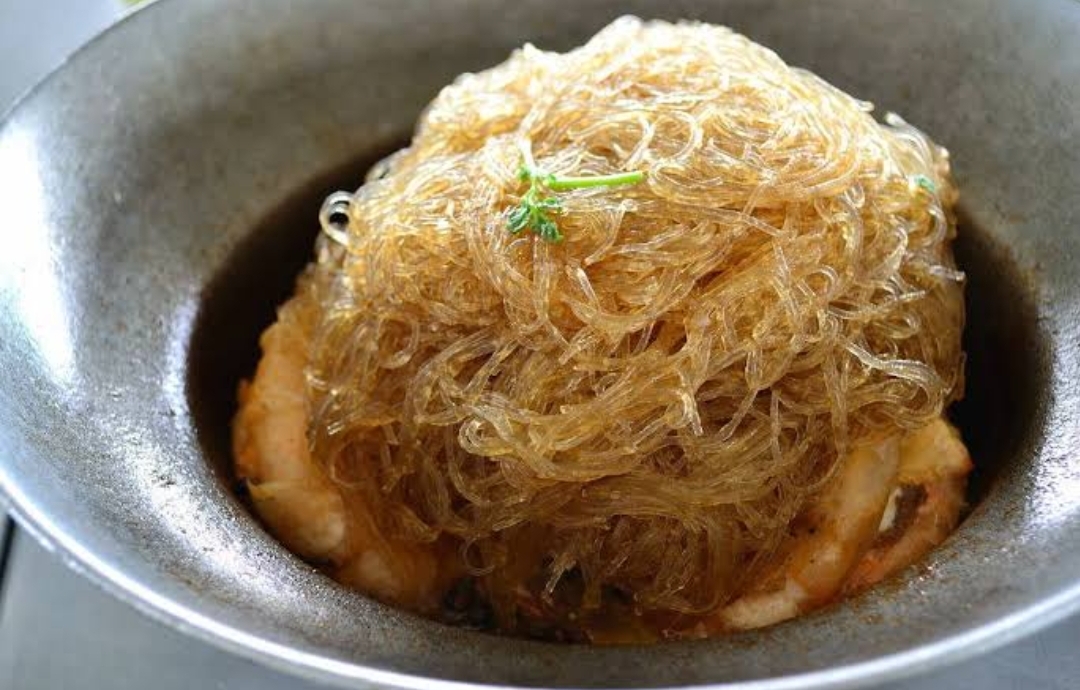Can Salt Expire? Unveiling the Truth About the Eternal Pantry Staple

Introduction
In the world of culinary essentials, few items can salt expire can claim the title of “pantry staple” as convincingly as salt. It’s the unsung hero of the kitchen, quietly enhancing flavors and preserving foods for centuries. But have you ever wondered, “Can salt expire?” In this journey through the salty world of culinary science, we’ll dive deep into the mysteries of salt storage, its infinite shelf life, and what you need to know to keep your salt as fresh as the day it was mined. Join us as we explore the fascinating question: Can salt truly expire?
The Timeless Essence of Salt
Before we unravel the secrets of salt’s shelf life, let’s get to know this remarkable mineral a bit better. Salt, in its most common form, is sodium chloride (NaCl), a compound found abundantly in nature. It has been an integral part of human civilization for millennia, used not only for flavoring but also for preserving food. Salt comes in various forms, including table salt, kosher salt, sea salt, and specialty salts, each with its unique characteristics and culinary applications.
The Stability of Salt
One of the key reasons salt has stood the test of time as a culinary and preservative agent is its remarkable stability. Unlike perishable food items like fruits, vegetables, or dairy products, salt doesn’t spoil or “go bad” in the traditional sense. This stability is due to several factors:
- Low Water Activity: Salt has a very low water activity (aw) level, meaning it contains minimal moisture. Bacteria, molds, and other microorganisms require moisture to thrive, and salt’s low aw makes it an inhospitable environment for these pathogens.
- Lack of Nutrients: Salt doesn’t provide the nutrients that microorganisms need to grow and reproduce. Without access to essential nutrients, bacteria and molds cannot proliferate in salt.
- Highly Inert: Salt is a chemically stable compound. It doesn’t readily react with other substances, which further contributes to its longevity.
These qualities make salt an excellent food preservative, as it prevents the growth of spoilage organisms and helps extend the shelf life of various foods.
The Question of Expiration
Now, let’s address the central question: Can salt expire? As mentioned earlier, salt doesn’t have an expiration date in the conventional sense. When stored properly, salt can theoretically last indefinitely without losing its essential properties. However, there are a few factors to consider:
- Moisture: While salt itself doesn’t spoil, it can be affected by moisture. Exposure to high humidity can cause salt to clump together, forming hard lumps that are challenging to use. This is a common issue with table salt, especially in humid environments. To prevent clumping, store your salt in an airtight container in a cool, dry place.
- Contamination: Salt can absorb odors and flavors from its surroundings. If it comes into contact with strong-smelling substances, it may develop an off-odor or taste. To avoid contamination, keep your salt away from pungent spices or other aromatic ingredients.
- Iodized Salt: Iodized salt, which contains added iodine, is a prevalent type of table salt. Over an extended period, the added iodine may degrade, causing the salt to lose its iodine content. However, this process occurs gradually and over many years, so it’s unlikely to be a significant concern for most households.
Storage Tips for Eternal Salt
To ensure your salt remains as fresh and potent as the day it was harvested, follow these storage tips:
- Airtight Container: Transfer your salt to an airtight container with a secure seal. This will shield it from moisture, contaminants, and other environmental factors.
- Cool, Dry Place: Store your salt in a cool, dry place, away from sources of humidity, such as the stove or dishwasher. If you live in a particularly humid area, consider adding a desiccant packet to the container to absorb any moisture.
- Avoid Contamination: Keep your salt away from potent-smelling substances, such as spices, herbs, or cleaning products. Store it in a separate container or cupboard to prevent cross-contamination.
- Check for Clumps: Periodically inspect your salt for clumps. If clumping occurs, break up the lumps with a fork or a clean utensil to restore the salt to its free-flowing state.
Conclusion
In the world of culinary essentials, salt reigns supreme as a timeless and indispensable ingredient. While it doesn’t expire like perishable foods, salt can be affected by moisture and contamination, which can impact its texture and flavor. To maintain your salt’s quality over the long haul, store it in an airtight container in a cool, dry place, away from strong-smelling substances. By following these straightforward guidelines, you can harness the enduring power of salt to elevate your dishes and preserve foods for generations to come.
For more enlightening articles on food storage, culinary tips, and the secrets of flavor enhancement, visit Foodforly, your ultimate source for all things food-related. Here’s to celebrating the eternal essence of salt in the world of cuisine!






